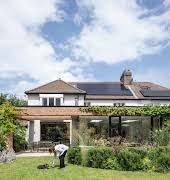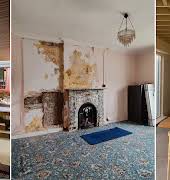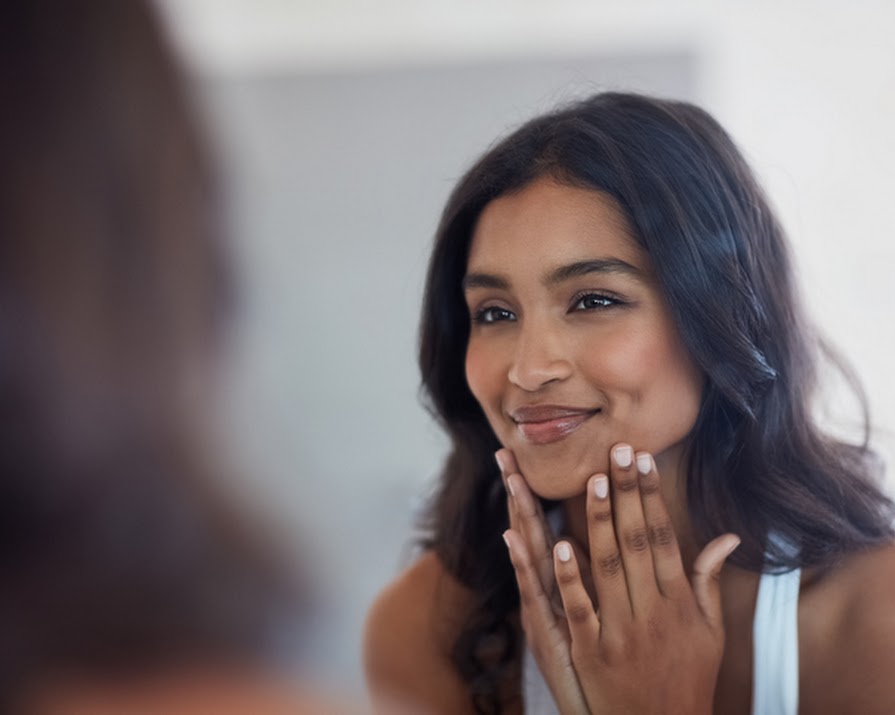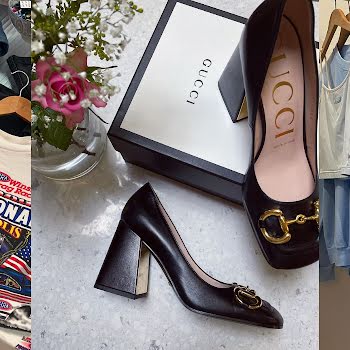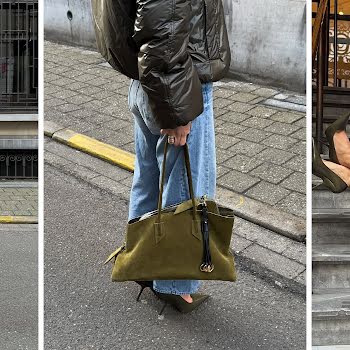
Sponsored
Suffering from blemish-prone skin? Clear things up with these effective tips
Sponsored By

By IMAGE
22nd May 2021
22nd May 2021
Sponsored By

From imperfections to “maskne”, here's what may be causing your blemishes and the best ways to clear things up.
Oily, blemish-prone skin and acne-prone skin isn’t exclusive to teenagers; spots can affect adults of any age. And for many of us, the older we get, the more emotionally impactful it is to have spots.
Most commonly, blemishes affect the face, however they may also occur on the back, chest, upper arms, neck and scalp. The cause is multifactorial with a complex interplay between genetics, hormonal influences (especially for females) and environmental factors.
These spots can be brought about by a range of different reasons, but these are some of the most common causes.
1. Overusing beauty products

While the majority of us like instantaneous results, introducing lots of new skin care products at once doesn’t always lead to the rapid skin results we hope for. The layering of too many products and not removing them may result in the formation of blemishes, imperfections or blocked pores and marks. This is possibly for two reasons.
1 – We all had more time on our hands to invest in our skin and therefore commenced too many products potentially with active ingredients all at once. They include vitamin C, retinoids, AHA and BHA serums, etc.
Or 2 – Some of us stopped our regular skin care routine and didn’t do the nightly double cleanse. Therefore, layers of products remain on the skin overnight as well as the build up of oil and dirt from behind the mask worn daily.
To avoid this build up, consultant dermatologist Prof. Niki Ralph recommends giving your skin time to adjust to active ingredients. “It takes the skin around three to four weeks to renew a new layer of skin (epidermis), therefore breakouts will not settle within days,” she explains.
“If one wishes to introduce a new product, I would suggest doing one active skin care product at a time to enable the skin to adjust to it over a few months. Retinoids need to be introduced slowly as too high a percentage at the outset may cause skin irritation, redness, dryness, etc.
“For those with sensitive skin such as eczema-prone skin or rosacea, they may also not be tolerant of topical therapies such as retinoids or AHA and BHA containing products. Vitamin C also comes in a variety of percentages, so for those who feel they have sensitive skin or other underlying skin conditions, they should start with the lowest percentage (10% Vitamin C) and work their way up to 30% only if tolerated.”

Recommended skincare: La Roche-Posay Retinol B3 serum is a great starter product for those with sensitive skin. It’s specifically formulated for those concerned with dehydration, skin irregularities (complexion), fine lines and wrinkles, and it soothes irritated skin. For vitamin C, La Roche-Posay Pure Vitamin C 10 is 10% strength and has the added benefit of Neurosensine in a formula designed to reveal skin’s radiance. Pure Vitamin C 10 prevents and helps correct the appearance of ageing, even for sensitive skin, leaving it instantly softer, more hydrated, and glowing.
2. Hormonal changes

Hormonal changes cause the oil glands to become hypersensitive, resulting in heightened sebum production. This sticks together with dead skin cells and forms the comedone (blackhead). These blocked pores can be “open”, with a small black dot on the skin’s surface, or “closed”, with a skin-coloured bump on the skin (a thin layer of skin over the blocked pore’s surface).
Therefore, some may only have open or closed comedones and describe their skin as being “bumpy” without having any redness. If bacteria combines with blocked pores, this results in spots, blemishes or imperfections.

Recommended skincare: La Roche Posay Effaclar range – In the morning, wash with gel cleanser (for oily skin) or cream cleanser (for sensitive skin). Then apply Effaclar Duo + daily. It’s a blemish cream specifically formulated for oily and acne-prone skin in both adults and teenagers, correcting and hydrating skin for clearer results in four weeks. It works three-fold by minimising the appearance of spots and blackheads, controlling shine and helping protect the skin from discolouration left behind by spots. It’s also a broad spectrum, noncomedogenic SPF, so it’s lightweight and won’t black pores.
At night, perform a double cleanse with the same routine as in the morning, then apply Effaclar H moisturiser for overnight hydration.
3. Frequent mask wearing (AKA “Maskne”)

“Maskne” describes the blemishes people get on their lower face and cheeks as a result of wearing occlusive PPE (personal protective equipment) on a daily basis, such as masks and visors. The combination of humidity and friction from the mask against the skin’s surface stimulates the oil gland, causing an increase in sebum production and creating the perfect breeding ground for bacteria. This results in blockage of the pores and development of blemishes, imperfections and dryness.
Consultant dermatologist Prof. Niki Ralph recommends these tips to help manage “maskne”:
- Double cleanse the skin each evening to remove the build up of oil, dirt, dead skin cells and bacteria. Start with a micellar water which will emulsify the layers of make-up, sunscreen and oil, and then finish with a gel cleanser (with salicylic acid for oily skin) or a cream cleanser (for normal, dry or sensitive skin). Pat the skin dry, rather than rub it, to reduce further friction on the oil producing glands.
- Apply an over-the-counter product containing a combination of AHA’s and BHA’s to keep the skin smooth, reduce blockage of the pores and minimise oil production. If one has very sensitive skin, I would advise allowing this product to dry for five minutes and then applying a suitable moisturiser (one designed for blemish-prone skin, therefore non-comedogenic, non-blackhead forming).
- Use a clean mask daily. Surgical masks should be disposed of after single use and cotton and material masks should be washed daily. Also, each morning use moisturiser before applying the mask to create a barrier between the skin’s surface and the mask. For those wearing masks for prolonged periods of time, it may also help to have make-up free days.
- Wash make-up brushes regularly (weekly wash with gentle cleanser). Often, we leave them in the bottom of our make-up bags for weeks to months on end. This will result in a build up of bacteria on the brushes and they then come in contact with our face on a daily basis.
“If one feels their skin is still flaring after trying all recommended topical therapies and a new skin care routine to manage maskne, I would suggest speaking with your GP or dermatologist for further advice if needed,” says Prof. Ralph.

Recommended skincare: La Roche Posay Ultra Concentrated Serum has the perfect blend of Glycolic, Salicylic and Lipohydroxyacid (LHA), with cooling thermal spring water and soothing Niacinamide (a natural anti-inflammatory) in a formula that ensures smoother, glowing skin.
Blemish-prone skin can be difficult to manage, especially if you don’t know what’s causing blemishes. While overusing beauty products, hormonal changes and frequent mask use are some of the most common causes, remember to always visit your local pharmacy or GP for skincare solution advice, support and recommendations. They can also refer you on to a dermatologist if needed.
La Roche-Posay is recommended by dermatologists worldwide. Its skincare is formulated with high efficacy and safety standards to address a wide range of skin needs, including sensitive and blemish-prone skin and sun protection. The Effaclar range is also suitable for people who may be prone to acne. Available to purchase at Meaghers Pharmacy.



